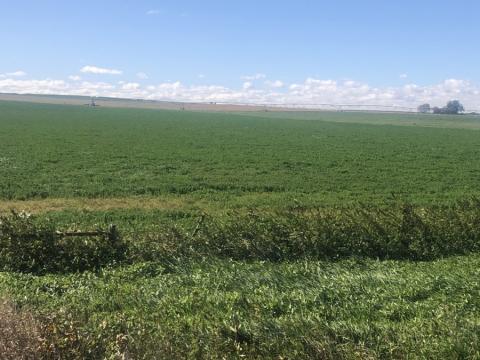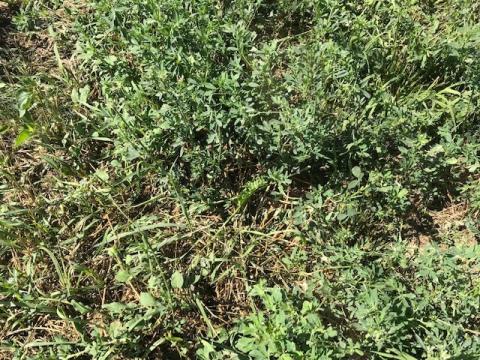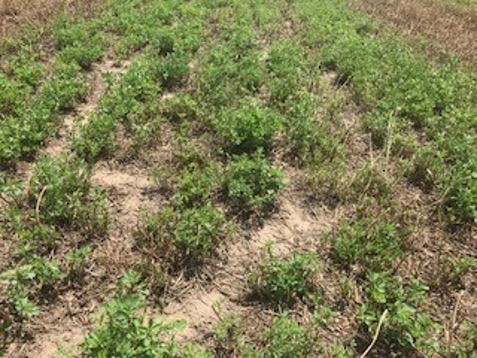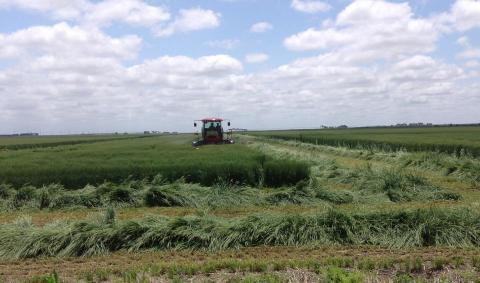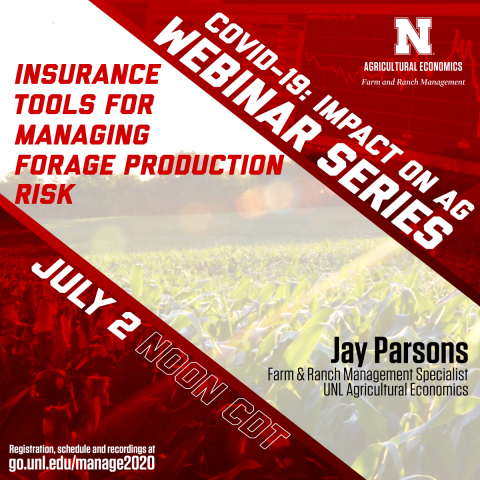October Alfalfa Harvest Considerations
September 30, 2020
With droughty conditions across the state and late season moisture regenerating stands of alfalfa, is there still an opportunity to take October alfalfa cuttings? And which stands could handle a late season cut?
Evaluating Alfalfa Stands Part II - Renovation Options
August 12, 2020
Typically, alfalfa’s autotoxicity makes planting into established stands impossible. However, in new stands that are less than 12 months old, there is a chance that reseeding alfalfa in areas that are extremely thin or void of alfalfa may see success.
Evaluating Alfalfa Stands Part 1 - Using the Hay Square Method
August 5, 2020
Were you expecting more from your alfalfa yields? Is it time to renovate, start over, or move on? Typically, evaluating stands occurs in the spring, but evaluating this fall will give you a better idea going forward and allow more time for future options.
Estimating a Fair Value for Standing Forage
July 29, 2020
Several things need to be considered when deciding what value to place on standing forage. Forage prices reflect current inventories, demand, expected current season production and associated yield risk, and quality characteristics.
July 2 Webinar: Insurance Tools for Managing Forage Production Risk
June 25, 2020
Forage production varies greatly from one season to the next depending upon weather. In the last 15 years, several new insurance tools have become available to Nebraska producers to help manage this risk. This webinar provides an overview of all that is available and examples of how they can be used to mitigate weather risk.
Forage Hazards Following a Freeze Event
October 6, 2023
Freezing temperatures cause metabolic and cellular changes to our forage crops — prussic acid formation and nitrate poisoning are the biggest concerns. Learn more about these issues and how to avoid them.
Which One do I Want? Rye or Ryegrass?
August 1, 2019
What's the difference between forage rye and ryegrass? Annual ryegrass and Italian ryegrass?
Oats - An Excellent Fall Forage in 6-8 Weeks
August 1, 2019
If you have good soil moisture, consider planting oats for fall forage. It grows fast, thrives under cool fall conditions, and can produce over 2 tons of hay or pasture yet this year.
